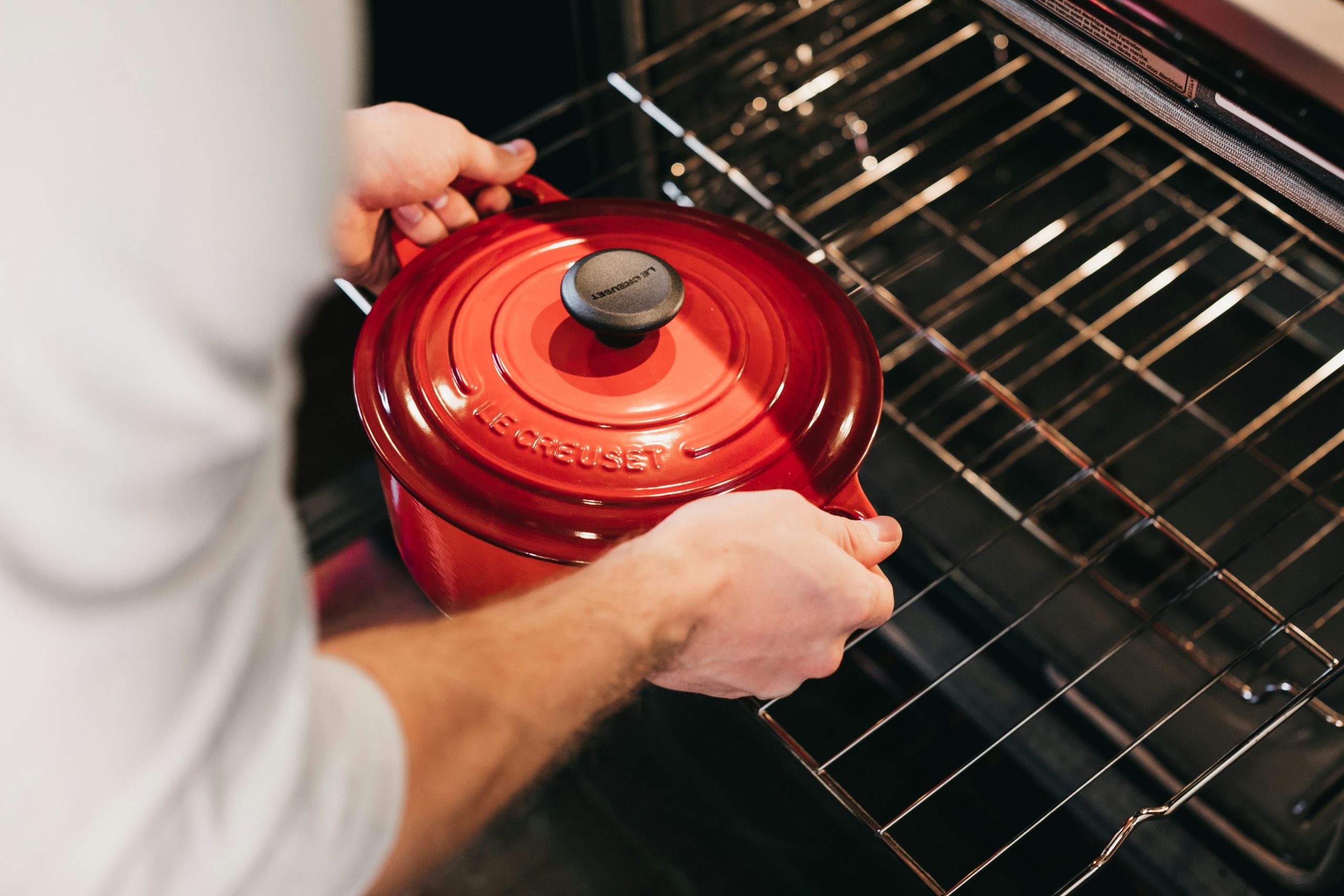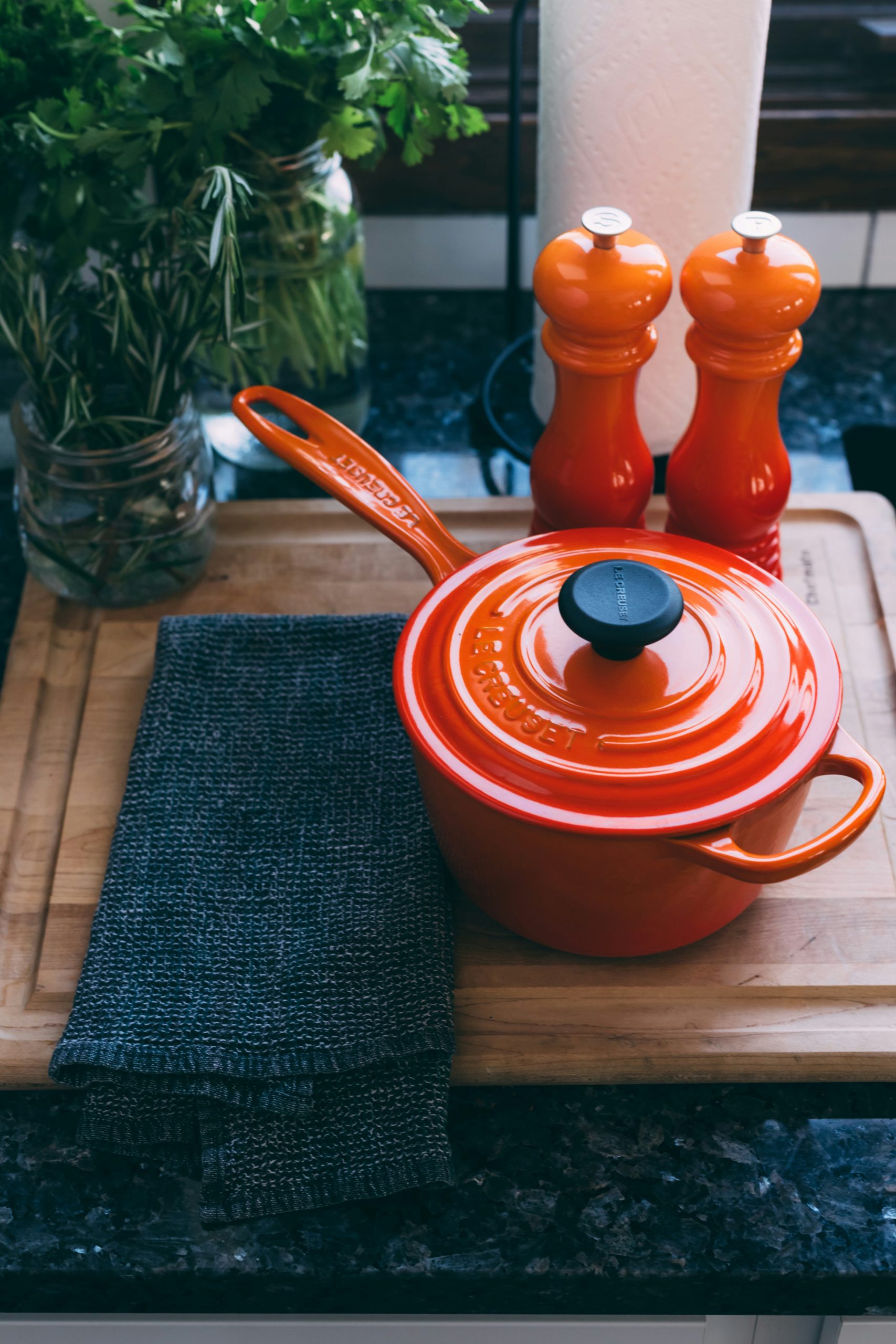Have you ever found yourself staring at your Instant Pot, wondering which setting will give you the best results? If so, you’re not alone. With its multitude of functions and settings, using an Instant Pot can sometimes feel overwhelming. However, fear not—once you understand the various settings and how to use them, you’ll wonder how you ever lived without this versatile kitchen tool. This article aims to guide you through the best Instant Pot settings for perfect results every time.
What’s an Instant Pot and Why You Need It
An Instant Pot is a multifunctional electric pressure cooker designed to simplify your cooking process and save you time. Armed with multiple presets and programmable options, this appliance can sauté, steam, slow cook, and even make yogurt. Given its versatility and efficiency, it’s a game-changer for many home cooks. But to truly harness its power, you need to understand its settings.
The Basics of Instant Pot Settings
Manual (Pressure Cook)
This is perhaps the most commonly used setting on your Instant Pot. The ‘Manual’ or ‘Pressure Cook’ button allows you to set your cooking time and pressure level manually. This setting is incredibly versatile and can be used for a wide range of foods, from meats to vegetables to grains.
- Adjust Time and Pressure Level: Use the ‘+’ and ‘-‘ buttons to set your desired cooking time. For pressure, choose between ‘High’ or ‘Low’ based on your recipe.
- Best For: Soups, stews, beans, meat, rice, and desserts.
Sauté
The Sauté function allows you to brown meats, sauté vegetables, or even reduce sauces directly in the pot. This feature eliminates the need for additional pots and pans, making for a more streamlined cooking experience.
- Adjust Temperature: Use the ‘Adjust’ button to cycle through ‘Normal,’ ‘More,’ and ‘Less’ heat levels.
- Best For: Browning, caramelizing onions, and thickening sauces.
Slow Cook
If you’re a fan of the classic slow cooker, you’ll appreciate the Slow Cook function on your Instant Pot. While it doesn’t offer as many temperature options as a dedicated slow cooker, it can still handle most slow-cooking tasks effectively.
- Adjust Cooking Time: Use the ‘+’ and ‘-‘ buttons to set your desired cooking time.
- Best For: Stews, casseroles, and pulled pork.

Specialized Settings for Specific Dishes
Rice
The ‘Rice’ setting on an Instant Pot is a one-button solution that simplifies cooking this staple grain. The pressure and cooking time are pre-programmed for optimal results, making it foolproof.
- Water-to-Rice Ratio: Generally, a 1:1 ratio works well. However, consult your specific Instant Pot model’s manual.
- Best For: White rice, basmati rice.
Steam
The ‘Steam’ setting is perfect for vegetables, seafood, and other delicate items that need gentle yet rapid cooking. This preserves nutrients better than other methods.
- Use a Trivet or Steaming Basket: Elevate your food above the water level to ensure even steaming.
- Best For: Vegetables, fish, dumplings.
Yogurt
Making yogurt at home might seem intimidating, but the ‘Yogurt’ setting simplifies the process. You can do everything from pasteurizing the milk to fermenting it at the perfect temperature.
- Follow Instructions: Be sure to consult your Instant Pot’s manual for step-by-step instructions.
- Best For: Homemade yogurt and fermented dairy products.
Advanced Settings for the Culinary Adventurer
Multigrain
This setting is designed for cooking a variety of grains, which usually require longer cooking times. Whether you’re working with brown rice, quinoa, or barley, the ‘Multigrain’ button has you covered.
- Soak Grains if Necessary: Some grains benefit from soaking prior to cooking for better texture.
- Best For: Brown rice, farro, millet.
Porridge
Perfect for oatmeal and other breakfast grains, the ‘Porridge’ setting uses a lower pressure and longer cooking time to create creamy, comforting bowls.
- Stir Before Serving: Ensure even consistency by stirring your porridge before serving.
- Best For: Oatmeal, congee.
Sous Vide
A relatively recent addition to some Instant Pot models, the ‘Sous Vide’ setting allows you to cook food slowly at a precise temperature in a water bath. This technique is beloved by chefs for its ability to cook food evenly and retain moisture.
- Use Sous Vide Bags: For best results, use vacuum-sealed bags that are safe for sous vide cooking.
- Best For: Steak, chicken breast, vegetables.

Maximizing Efficiency with Your Instant Pot
Use the Timer
The timer feature allows you to delay the cooking start time, making it easy to have a meal ready right when you need it. Set it up in the morning, and come home to a hot, ready-to-eat dinner.
Keep Warm
The ‘Keep Warm’ feature will keep your food at a safe temperature until you’re ready to serve. This is especially useful for large gatherings or meal prepping for the week.
Seal Correctly
Always ensure that the seal is properly in place before starting pressure cooking. An improper seal can lead to longer cooking times and less efficient results.
Troubleshooting Common Issues
Burn Message
Seeing a ‘burn’ message on your Instant Pot can be alarming, but it’s generally easy to fix. This usually means there’s not enough liquid, or food is stuck to the bottom of the pot.
- Solution: Add more liquid, and make sure to deglaze the pot by scraping up any bits stuck to the bottom.
Lid Won’t Close
If the lid isn’t closing properly, check the sealing ring and the float valve. Sometimes food debris can obstruct these parts.
- Solution: Clean the sealing ring and float valve, and ensure they are in the correct position.
Food Not Cooked Evenly
Uneven cooking is often the result of overcrowding the pot or not arranging food uniformly.
- Solution: Avoid overcrowding and arrange similar-sized pieces of food evenly.

Cleaning and Maintenance
Regular cleaning and maintenance are essential for the longevity and efficiency of your Instant Pot. Make sure to clean the sealing ring, inner pot, and lid after each use. Additionally, inspect the float valve and pressure release valve for any obstructions.
Monthly Deep Clean
- Disassemble Parts: Remove and clean the sealing ring, anti-block shield, and float valve.
- Vinegar Bath: Remove any lingering odors by soaking the sealing ring in a vinegar and water solution.
Descaling
If you notice mineral build-up, especially if you have hard water, you may need to descale your Instant Pot.
- Solution: Fill the pot with equal parts water and white vinegar, set it to ‘Steam’ for five minutes, then rinse thoroughly.
Conclusion
Understanding and utilizing your Instant Pot’s settings can dramatically improve your cooking experience. From simple tasks like making rice to more advanced endeavors like sous vide, knowing which buttons to press will save you time and effort. So, next time you’re in the kitchen, take advantage of these settings, and you’ll achieve perfect results every time.
Don’t be intimidated by the myriad of options—embrace them, and let your Instant Pot become your culinary best friend.



